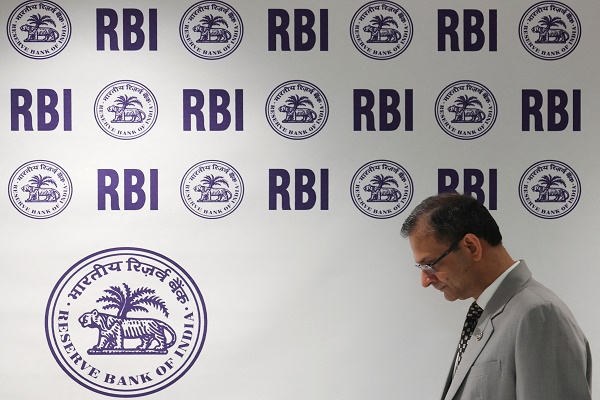What`s in store for real estate in Union Budget 2023?

The Union Budget 2023-24 will be presented at a time when the global economy has come out of the shadows of Covid-19 but is faced with new challenges. While the global economy is facing recessionary pressures, the Indian economy is relatively well placed. The Indian economy is resilient, led by its foreign exchange reserves, credit growth etc, and is likely to clock in GDP growth of 6.8% for FY2023. On the real estate side, the year 2022 has proven to be one of robust growth, after two years of subdued activity. However, the upcoming budget comes on the heels of rising interest rates on housing loans, elevated inflation levels and slower external demand impacting corporate decision-making. The Budget should focus on stirring demand for affordable housing, sops for the start-up community and incentivising sustainability in the real estate sector. While in 2022 demand remained upbeat in the real estate sector, the upcoming Union Budget can provide a stimulus to the stakeholders, to ensure the momentum continues in 2023
“The upcoming budget is a highly anticipated one. While on the residential side, the rising interest rates are slowing demand in the affordable and mid segments, the limit in the tax deduction on interest paid should beincreased from the current INR 2 lakhs to about INR 3-4 lakhs in case of selfoccupied property and to be allowed without any limit in case of let out property. A hike in interest deduction will encourage the homebuyers to invest in the real estate and increase the demand in the market. On the commercial front, it will be a huge breather if investments in REITs can get exemption under section 80C, starting INR 50,000. Moreover, sovereign green bonds can be given a further push which could attract investments and enhance green development”, said Ramesh Nair, Chief Executive Officer | India & Managing Director, Market Development | Asia, Colliers.
Benefits to home buyers to boost demand in mid and affordable housing segment
Further, 100% tax holiday for affordable housing projects under Section 80IBA can be continued which was earlier only extended till 31 March 2022.This can provide a boost to rental housing in the affordable segment.100% exemption for rental income up to INR 3 lakhs for houses costing up to INR 50 lakhs can directly incentivize owners to rent out their houses to the targeted segment.
Separate deduction for principal repayment
There should be a separate deduction for the repayment of the principal amount of the home loan,which is currently clubbed under section 80C. At present, the ceiling of deduction for principal repayment of housing loan is INR 150,000 along with other tax saving instruments. Alternatively, the overall ceiling limits of section 80Ccan be raised up to INR 500,000 which can further spur investments.
Softening input costs load
Raw material costs have been constantly on the rise since last three years when they touched highest levels in March 22 led by supply chain constraints. Average cost of construction rose 10-12%YoY. The government should take steps to reduce the GST on such materials especially cement which corresponds to 28% of the total cost. Input Tax Credit (ITC) can also be levied on raw materials to boost commercial and residential development.
Tax benefits for REITs to attract more investments
The presence of high-quality tenants has led to uninterrupted revenue for the REITs, ensure stable returns to unitholders. The budget should make provisions for tax reductions in REITs by reducing TDS rate from the present 10%. This will give a major thrust to the sector and improve the flow of working capital. Further, investments made in REITs can get exemption under section 80C, starting INR 50,000, this can provide a thrust to the investors.
Above views are of the author and not of the website kindly read disclaimer
















